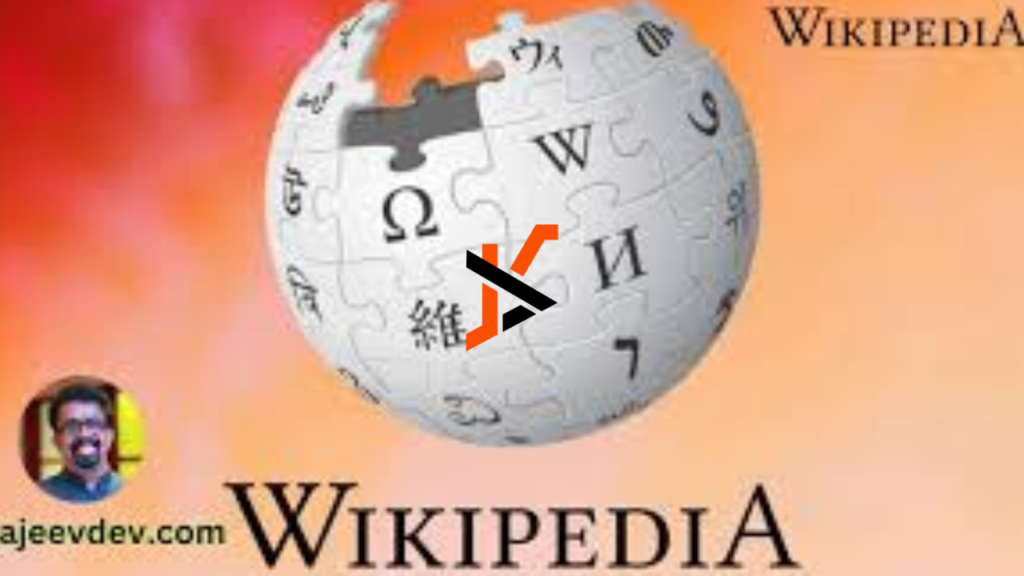Among various platforms, Wikipedia stands out as a unique repository of information, where collaboration and communal effort drive the creation and maintenance of content. It has emerged as a significant player in the landscape of information dissemination, allowing users worldwide to contribute, edit, and access a plethora of topics. This collaborative model not only democratizes knowledge but also raises questions about the reliability and authority of the information presented.
Understanding Wikipedia’s Structure
Wikipedia operates on a wiki model, which encourages open editing and contribution from users regardless of their background or expertise. This structure fosters a sense of community and shared ownership over the content, creating a platform where diverse voices can contribute to the collective knowledge. Articles are typically written in a neutral tone, adhering to guidelines set by the community, which aims to present information in an unbiased and factual manner. However, this open model also introduces challenges related to the accuracy and reliability of the information. Content is constantly evolving, with ongoing edits and updates, which can lead to discrepancies, especially on rapidly changing topics such as technology and current events.
The Challenge of Reliability and Verification
One of the most pressing concerns about Wikipedia is the reliability of its content. Users often question how credible the information is, given that anyone can edit an article. This concern is particularly relevant in the context of misinformation and disinformation that plague the digital landscape. However, Wikipedia has implemented various mechanisms to mitigate these issues. The platform encourages citation of credible sources and maintains a rigorous editorial process that involves monitoring changes and addressing vandalism. Experienced editors and volunteers actively contribute to maintaining accuracy, often overseeing key articles to ensure they reflect reliable information. Nonetheless, users must approach information with a critical mindset, cross-referencing claims with reputable sources to ascertain their validity.
The Educational Value of Wikipedia
Despite concerns about reliability, the educational potential of Wikipedia cannot be overlooked. The platform serves as a valuable resource for students, educators, and researchers who seek accessible information on a wide range of subjects. Its user-friendly interface allows individuals to explore topics in a structured manner, facilitating learning and understanding. Furthermore, the site offers an opportunity for critical engagement with information. Students can learn about citation practices, the importance of verifying sources, and the dynamic nature of knowledge creation. By encouraging users to examine content critically, Wikipedia fosters a deeper understanding of how information is constructed and shared in the digital age.
Wikipedia and the Digital Divide
While Wikipedia strives for inclusivity, the platform also highlights the existing digital divide. Access to the internet and digital literacy skills vary significantly across different regions and demographics. Consequently, not all individuals can contribute to or benefit from Wikipedia equally. This disparity raises important questions about representation and the diversity of knowledge. Articles may reflect the perspectives of those who have the privilege to access and edit content, leading to potential biases in the information presented. Efforts to address this issue include initiatives aimed at increasing participation from underrepresented groups and expanding language offerings, thereby making the platform more inclusive and representative of global knowledge.
The Role of Wikipedia in the Fight Against Misinformation
In an era characterized by rampant misinformation, Wikipedia holds a unique position as a corrective tool. Its emphasis on verifiability and citation of reliable sources makes it a valuable resource for fact-checking and debunking false claims. Users can compare information from Wikipedia against dubious sources, thereby fostering critical thinking and media literacy. Moreover, the collaborative nature of the platform allows for rapid responses to emerging misinformation, as the community can swiftly edit and update articles to reflect accurate information. This capacity for real-time correction positions Wikipedia as a critical ally in the ongoing battle against misinformation and false narratives.
The Future of Knowledge Creation and Dissemination
As technology continues to evolve, so too does the landscape of information dissemination. Wikipedia is at the forefront of this evolution, adapting to emerging trends and challenges. The introduction of artificial intelligence and machine learning could potentially enhance the accuracy and efficiency of content creation and verification. However, these developments must be approached cautiously, ensuring that the core values of collaboration and transparency remain intact. Additionally, as new platforms for knowledge sharing emerge, Wikipedia must navigate its role within this broader ecosystem, establishing partnerships and strategies that enhance its relevance and effectiveness.
Embracing a Collaborative Future
In the face of uncertainty and rapid change, Wikipedia exemplifies a collaborative approach to knowledge creation. Its unique model invites contributions from individuals across the globe, fostering a rich tapestry of information that reflects diverse perspectives. However, users must remain vigilant, critically engaging with the content and recognizing the limitations inherent in crowdsourced platforms. By doing so, they can harness the educational potential of Wikipedia while contributing to a more informed and discerning society.
Ultimately, as we navigate the complexities of the modern information landscape, Wikipedia’s role as a facilitator of knowledge and a platform for collaborative learning will continue to evolve. By embracing this dynamic journey, we can collectively shape a future where information is not only accessible but also accurate, reliable, and representative of the rich diversity of human knowledge.
Subscribe to Updates
Get the latest creative news from FooBar about art, design and business.
Assessing Wikipedia’s Role in Modern Information Dissemination
Related Posts
Add A Comment

